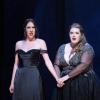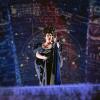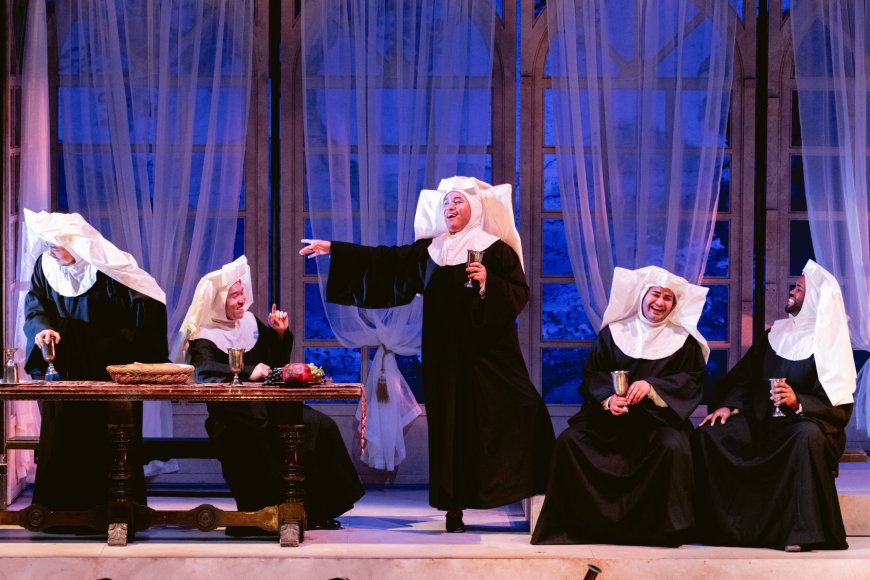
All’s well that ends well in Gioachino Rossini’s Crusades-era sex comedy Le Comte Ory, but not before the men and women entwine themselves in more than a few dicey situations.
To the audience, Ory is a womanizer, plain and simple. The show’s magic lies in the disguises he dons — first as a hermit, then as a nun — in his quest to seduce the innocent Countess Adèle. The Gouverneur recognizes him, revealing his identity to the ladies, and in a gender-bending final twist, the page Isolier impersonates Adèle, exposing Ory’s schemes.
The Merola Opera Program’s production of Ory, too, had its kinks. Fortunately, during the first of two performances at the San Francisco Conservatory of Music on Thursday, July 31, any weak points were more than recuperated in charm.
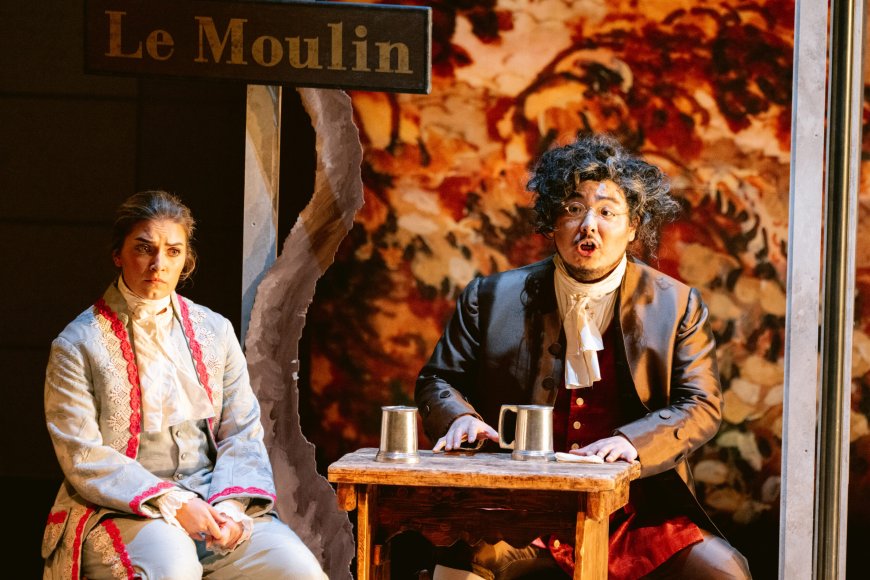
The 14 singers from Merola, an opera training program that works in collaboration with San Francisco Opera, brought considerable star power to this high-spirited tale of deception. Baritone Benjamin Dickerson was magnetic as the Count’s wine-plundering companion Raimbaud. Bass-baritone Wanchun Liang sang the role of the hapless gouverneur with heart, and Ariana Maubach, with her sonorous mezzo-soprano, grounded the role of lady-in-waiting Ragonde.
Mezzo-soprano Meg Brilleslyper brought propulsive energy and pureness of tone to the pants role of Isolier, the Countess’s rightful suitor. Tenor Minghao Liu, imbuing his honey-tongued lines with gorgeous legato, persuasively embodied every guise of the slimy Ory. Soprano Eva Rae Martinez stole the show, singing the beleaguered Countess Adèle with muscular yet nimble coloratura.
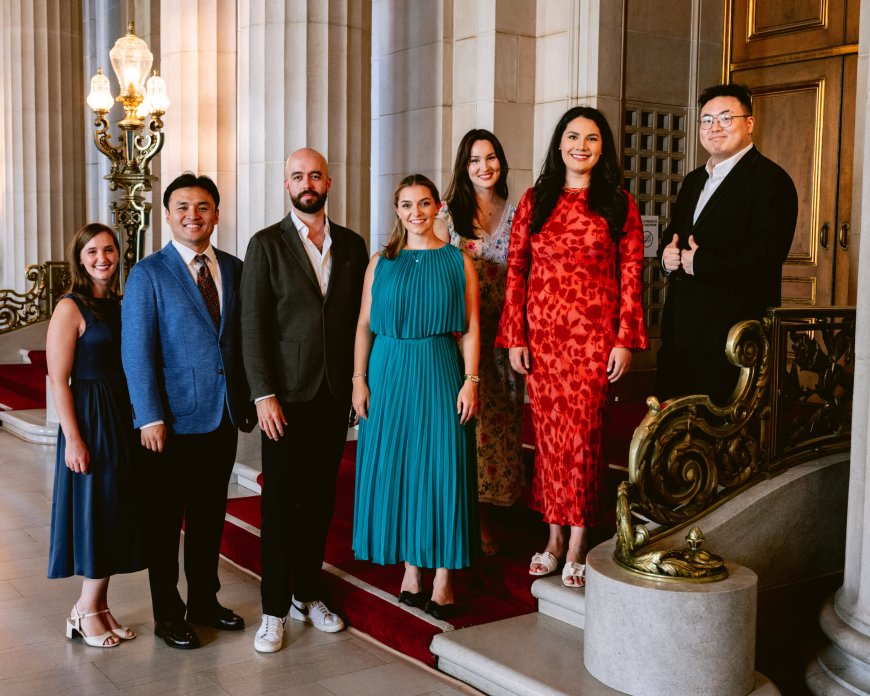
But conductor Pierre Vallet, who made his Merola debut with these performances, often seemed to push the tempos beyond the comfort of these young artists, and he struggled to connect the capable orchestra with the action onstage.
Physical limitations posed another liability. The Conservatory’s Caroline H. Hume Concert Hall simply wasn’t built for opera, and without a pit, the orchestra easily overpowered the singers. This light comedy certainly could have used a grander venue, especially since both performances sold out.
Still, director Garnett Bruce made the most of this modest space. A simple set of panels effectively framed the action, and sleight-of-hand with stairs worked wonders in elevating the slight Isolier to the Countess’s eye level. The choreography was masterful, especially in Act 2’s slippery bedroom trio. Vocally, it’s the highlight of any production. This time, artful tussling through gauzy curtains made it just as much a visual feat.
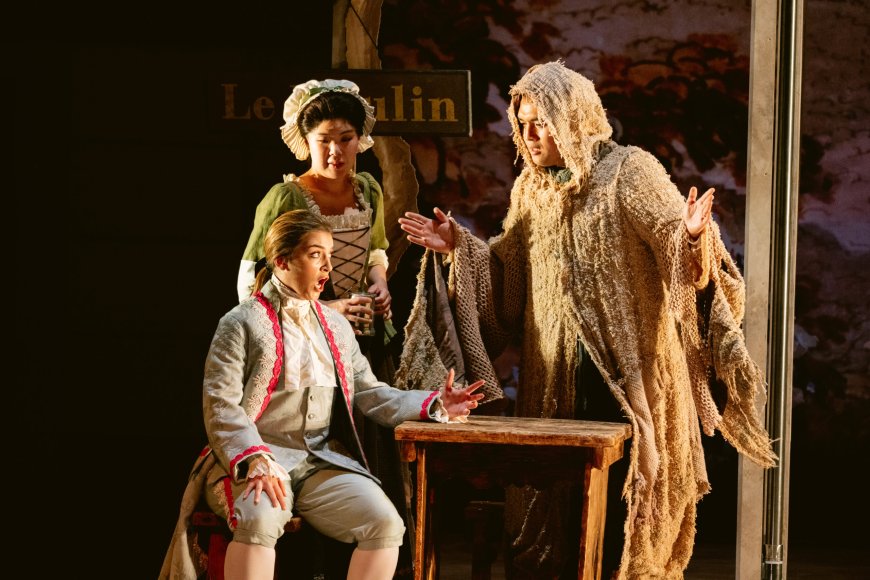
Potpourri-hued sets by Liliana Piñeiro and meticulous costumes by Miriam Lewis tastefully transported this medieval tale to an era closer to Rossini’s lifetime, and Davida Tkach’s lighting design electrified the storm scene while, in winking analogue, the ensemble’s handfans generated extra wind power.
In other scenes, Bruce’s staging favored a more-is-more approach. Added pantomime does help the audience keep the switcheroos straight, but so much movement ultimately rocked the chorus scenes. Yet even in those moments it was impossible not to smile at Ory’s band of scoundrels, in drag as nuns and singing like angels.



